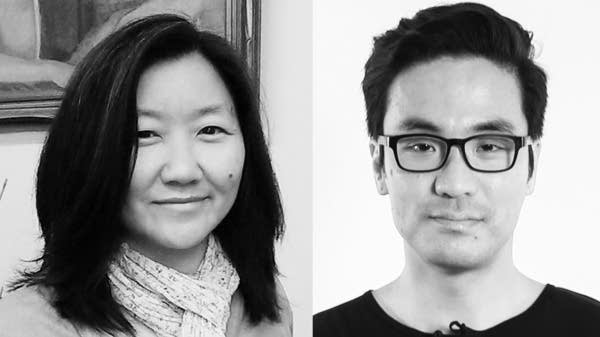For adopted kids, having American parents doesn't always mean U.S. citizenship

Amie Kim, left, and Kevin Vollmers were both born in Korea and adopted by American families. Kim does not have U.S. citizenship, but Vollmers does.
Courtesy of Amie Kim and Kevin Vollmers
Go Deeper.
Create an account or log in to save stories.
Like this?
Thanks for liking this story! We have added it to a list of your favorite stories.


